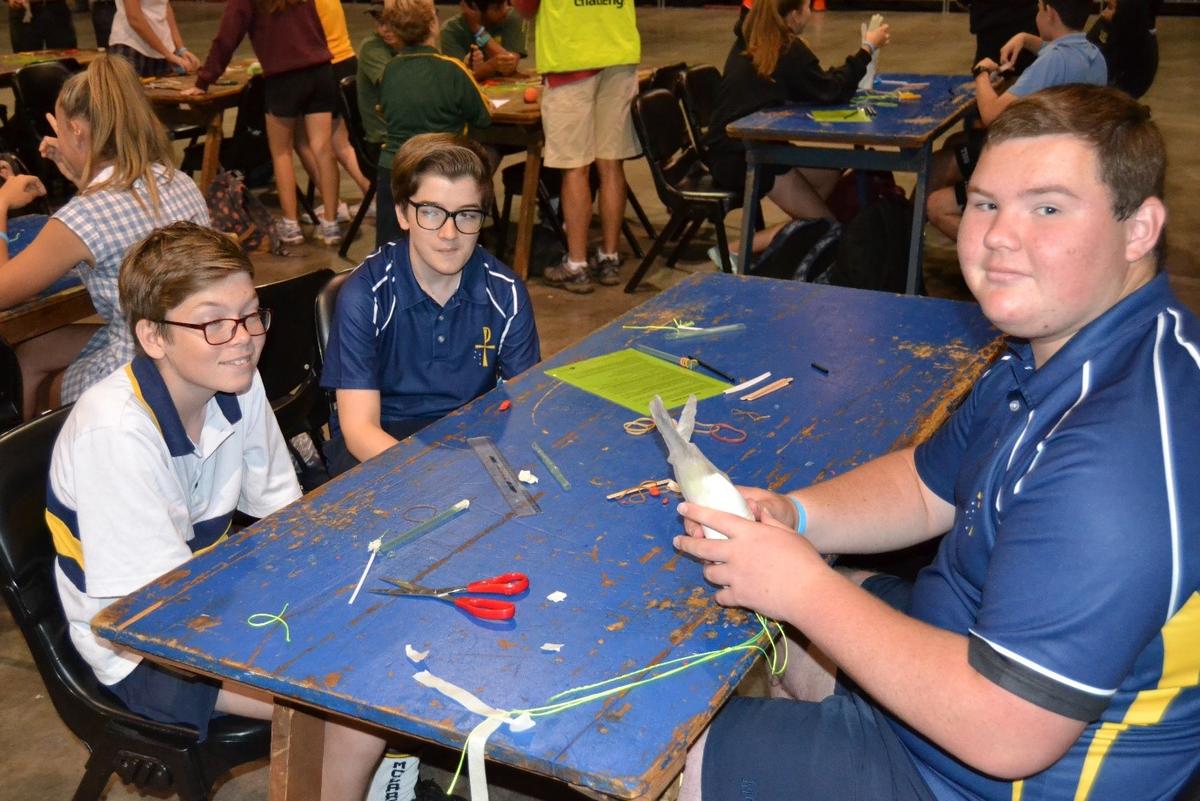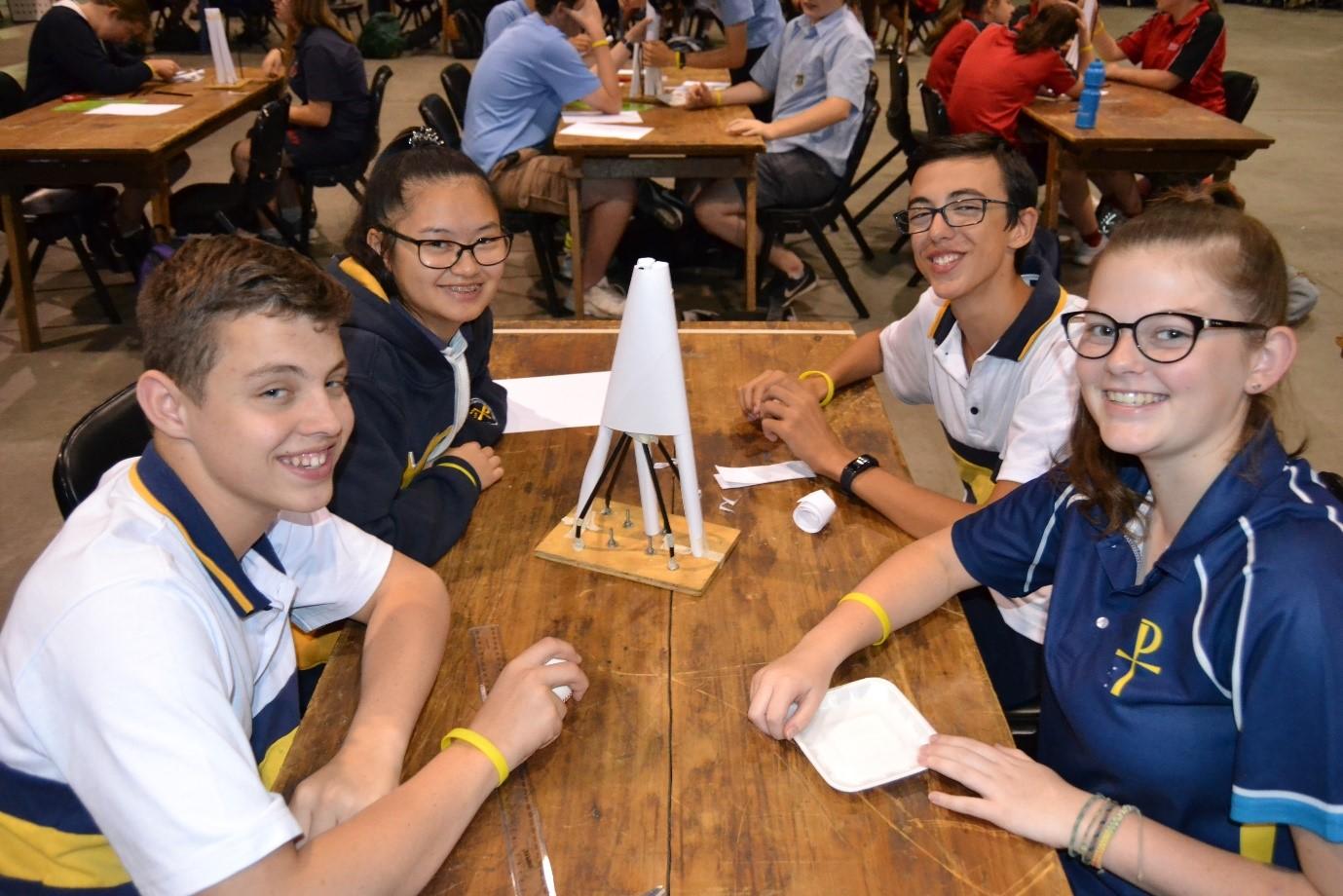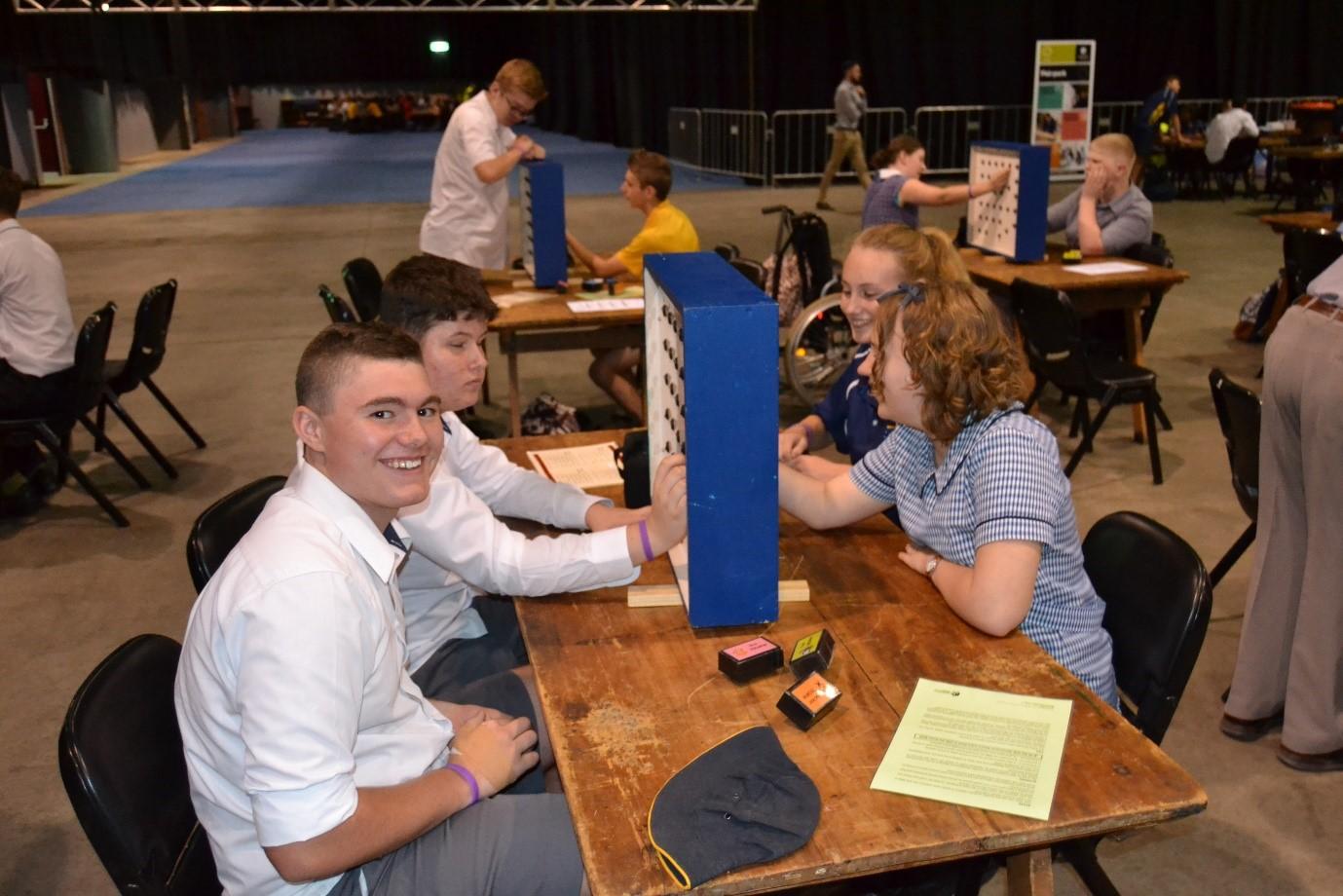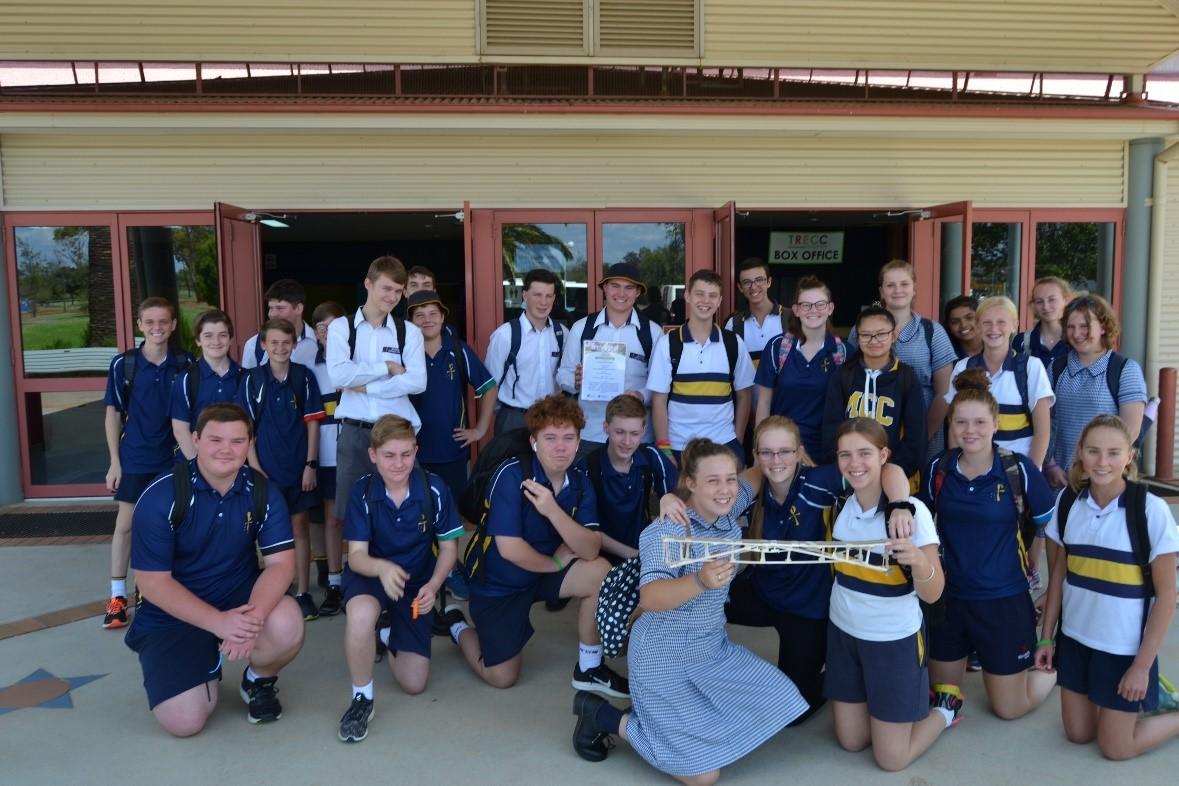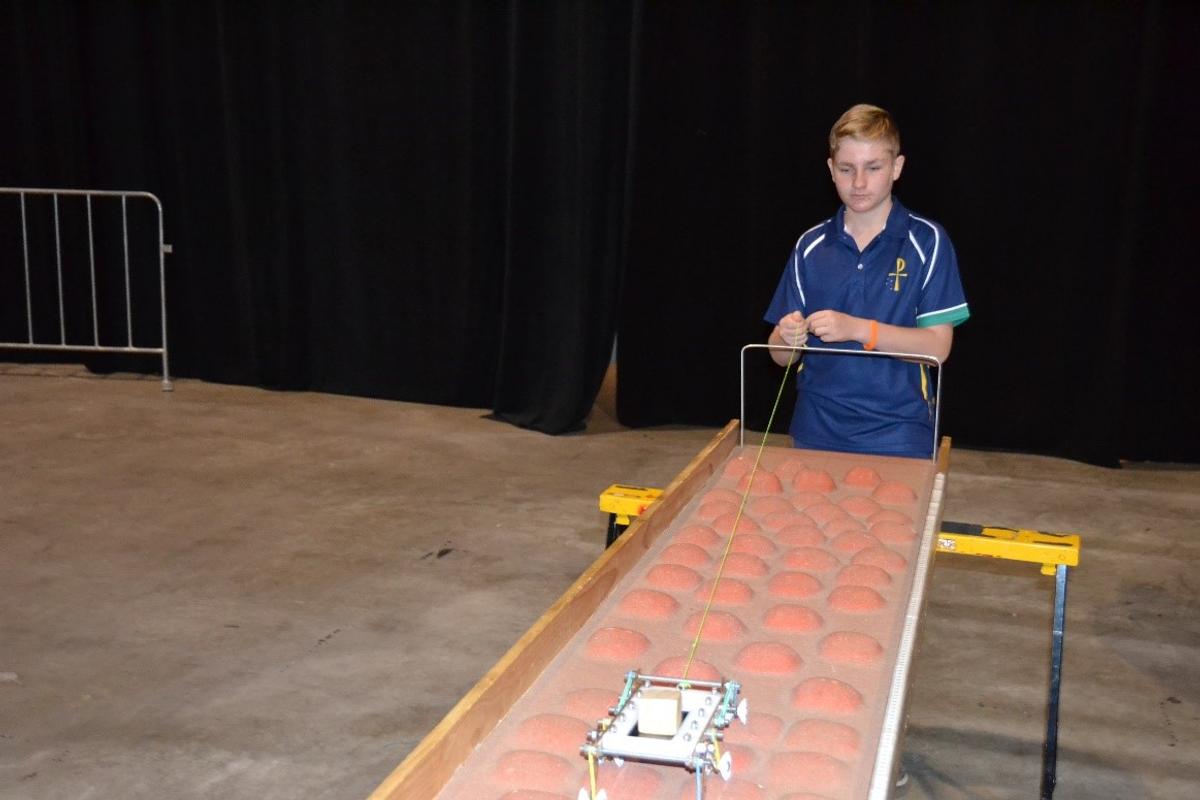Teaching and Learning
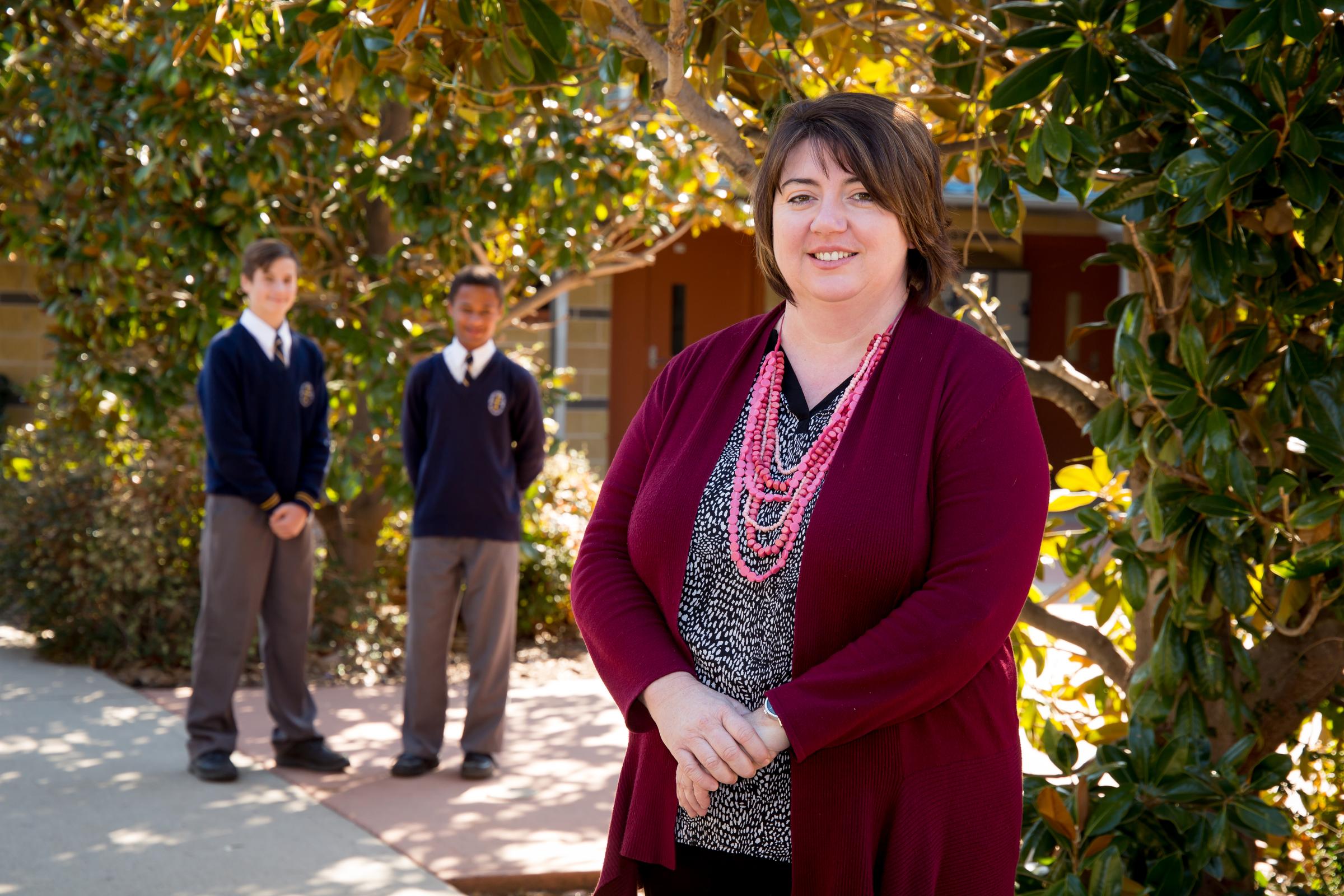
Interim Reports
As the name suggests, Interim Reports are a prelude to the Half-Yearly Reports. They provide a snapshot of student progress in general areas of application, bookwork, co-operation, organisation and punctuality to class. The descriptors, Always, Usually or Needs Improvement indicate to what extent a student is meeting expectations in these areas.
It is recommended that students and their parents take this as an opportunity to discuss learning progress and how they have approached their studies both retrospectively and prospectively.
Interim Reports will be emailed in the last week of the term. Please ensure your details are up to date and notify the College if you do not receive your child’s report.
Study Skills Tip For April: How Students Get Themselves Motivated To Do Academic Work
The following is extracted from ‘Regulation of Motivation: Evaluating an Underemphasized Aspect of Self-Regulated Learning” by C. Wolters. (Educational Psychologist, 2003, 38(4), pp.189-205).
- Rewards: Many students set rewards for themselves “I’ll read this section then I can eat this sandwich”. Some students use the opposite, punishments; they create consequences for themselves where they will deprive themselves if they do not do the work.
- Self-Praise: Some students find that recognising their progress to themselves and praising themselves for their efforts creates a more positive mental environment and encourages them to keep going. Comments such as “Well done, you’ve solved yet another problem” can help create mental stamina.
- Goal-Oriented Self-Talk: Students who think about why they are studying or what possible future outcomes could be from putting in effort can also strengthen the effect of these thoughts by making sub-vocal statements while they are engaged in an academic activity. When faced with an urge to stop working they may focus on the thought of getting better marks, or getting into a particular course at uni or even the satisfaction of learning a new skill or developing self-discipline.
- Interest Enhancement: This involves looking for ways to make the task to be completed more interesting or enjoyable. Even making slight modifications to make something less boring or repetitive. One student found that by writing notes in a different style it made the activity more inspiring.
- Environmental Structuring: This is also referred to as resource management and is all about removing temptations and creating an environment that is more conducive to studying. It may even mean studying in a different location such as a local or school library in order to stay focused on the tasks to be completed.
- Proximal Goal-Setting: Breaking larger tasks into smaller more manageable chunks will help students to feel more motivated about what needs to be done. Setting specific and achievable short-term goals with an allocated time-frame can help increase students’ sense of efficacy.
- Defensive Pessimism: “I think about how unprepared I am in order to get myself to work harder”. There is mixed research about this approach and the negativity involved. However every student is different and for some students making themselves a bit anxious about what they haven’t done may be necessary to get them to start doing their work.
- Emotional Control: Thoughts produce feelings, feelings lead to actions. If we can make our thoughts and feelings more positive, this can lead to more positive actions. When students are feeling unmotivated, strategies such as taking a short amount of time to close their eyes and engage in deep slow breathing, or counting slowly backwards from 10 while thinking positive reassuring thoughts about their abilities to do what has to be done has been found to be beneficial.
Mrs Raelene Maxworthy - Leader of Teaching and Learning
McCarthy Teams Win the Federation Cup Debating Competition
During the term students from McCarthy Catholic College participated in the Federation Cup Debating Competition. The teams have met every Monday afternoon to consider the issues, refine their arguments and develop evidence to counter teams from Calrossy and Farrer.
McCarthy’s outstanding performance last week saw us win the competition and bring home the trophy. The Stage 5 team deserves special mention as they won their section. Speaking powerfully is a skill eagerly sought by employers and it has been fantastic seeing the quality of our students and their efforts rewarded not just with the trophy, but growth in their skills and knowledge.
Well done to all the teams and thanks to the staff who supported them.
Mrs Heather Burke - Leader of Learning - English
Science and Engineering Challenge
On Tuesday, 19 March and Wednesday, 20 March, students from Year 8 to Year 10 represented the College in the Science and Engineering Competition which was held in Tamworth. The students did our College proud, as they worked as a team to solve a variety of problems. In total, there were 8 schools competing against each other with the aim of solving particular problems in the most efficient manner. Projects that the teams had to work on included a bridge, building an earthquake proof tower, making a Mars Rover and building a bionic hand. Our students had a lot of fun and learnt valuable skills such as work as a team and thinking through problems with which they are not familiar.
A big thank you to the following groups: The University of Newcastle, the NSW Office of Chief Scientist and Engineer, Alan and Brenda Coates, Engineers Australia Newcastle Division, Whitehaven Coal, East West Enviroag, Andromeda Industries, Mitchel Hanlon Consulting, Kelly Covey Group Pty Ltd, Mettam Hearne Financial Services, Wests Entertainment Group, Tamworth Regional Council, the Rotary Clubs of Tamworth First Light, Tamworth Sunrise, Manilla and Quirindi. It is their support that makes these days possible.
I also wish to thank Mrs Bryant, Mrs Godden, Ms Hodges and Mr Nichols who prepared, coordinated and accompanied the two teams. Congratulations to all students who competed.
Mr James Vella - Leader of Learning - Science

